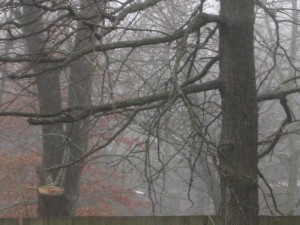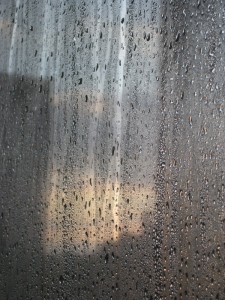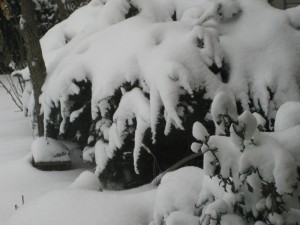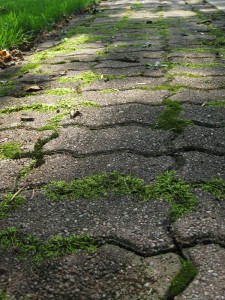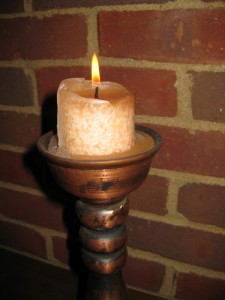I’ve been working with other members of The KaBooM Writing Collective this week, planning a one-day writing retreat that happens tomorrow. It’s exciting to work with the possibilities that a day can hold, and I look forward to what will happen during those hours.
Retreats of any length are all too rare. A week or month is the classic model, and good to aspire to. But it’s not easy, and often not possible, to check out for so long. Shorter retreats are more accessible, though finding even a single hour out of the day’s course can be a challenge. An entire day is a pretty big deal for most of us, and I appreciate those writers willing to set that time aside.
Claiming any time at all requires attention and commitment. Even the intention to retreat is evidence of a change we’re already making.
Once we do that, a retreat unfolds differently from everyday hours. It’s a time entered hopefully, with openness to surprise; it’s lived out expectantly, but without an agenda. Retreat is a time we prepare for, but without planning what will transpire. It’s a time of asking a question and waiting for the response; allowing something new to happen and paying attention to the movement of the spirit.
We need to enter that mindset often to keep our spiritual and creative life nourished. Prayers and practices in everyday life help. But looking back I see important growth, in both my spiritual and artistic life, from the renewal that comes from retreat. Time taken off from “being productive” ends up generating the most productivity of all.
So I see the day as full of possibilities. We’ll enter our writing through the doorway of the senses, bringing life to words by being centered in the body. We’ll ground ourselves in a particular moment through focus on the physical, sensory experience of being alive. The context of a day of retreat adds another element as well: a chance to connect to the spirit that breathes life into our lives and our work.
The question I’m asking is, What new opening will the day bring?

